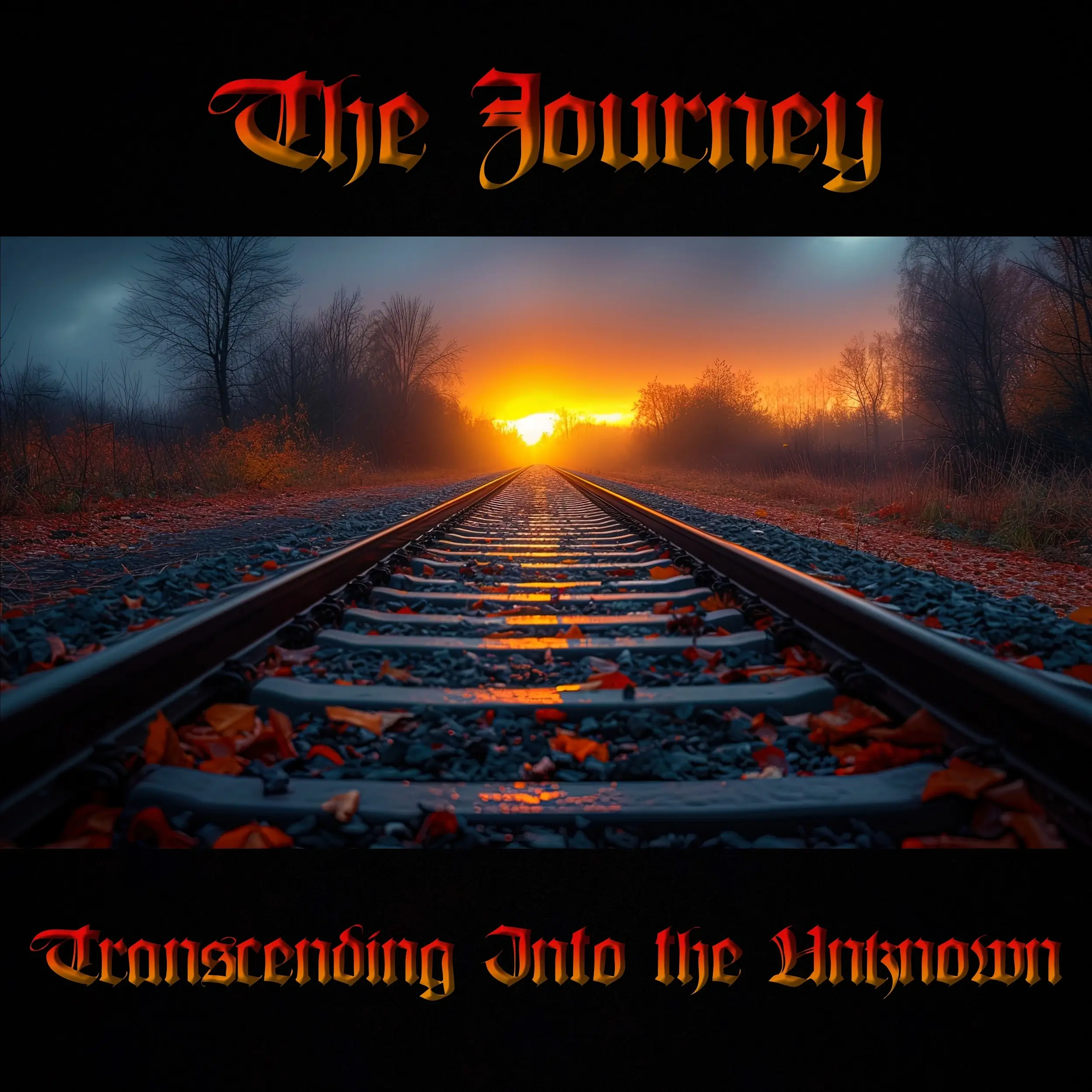Some albums exist purely to be ignored. They fill playlists, soundtrack laundry cycles, and evaporate from memory the moment they end. 40, the new 11-track project from three-time World Entertainment Awards nominee Baby T, is not one of those albums. This is a record that refuses to be background noise. It’s not content with providing a vibe or politely waiting in line for its thirty seconds of algorithmic relevance. It wants permanence. It’s a flag planted firmly in the ground, an album designed to be revisited, argued over and if Baby T has his way; remembered.
The title alone signals intent. Forty: not just an age or a number but a vantage point, the kind of milestone where experience hardens into perspective. But while the name suggests reflection, the music pulses with urgency. This isn’t Baby T reminiscing from a safe distance, this is Baby T insisting these stories still matter now, in the present, in a world where tracks are consumed like fast food. He’s not selling nostalgia, he’s asserting relevance. And across the album, he blends Caribbean soul, street grit, and classic hip-hop lyricism into something that feels less like a playlist of songs and more like a cinematic journey.
It’s tempting to say Baby T is reinventing hip-hop here, but that would be wrong. What he’s really doing is reinforcing its foundations. There’s no desperate attempt at trend-chasing, no hollow gestures at futurism. Instead, he’s taking the wheel; the same wheel Nas used on Illmatic to document a world with laser precision, the same wheel that Kanye polished during The College Dropout with his blend of soul samples and sharp with; 40 takes that wheel all the while reminding us it still works. Baby T doesn’t imitate them so much as enter into conversation with them, folding their influence into his own cultural lineage. Where others lean into pastiche, Baby T leans into inheritance. The result feels grounded, confident, and much larger than him alone.

Part of the magic comes from how the album sounds. The beats radiate wealth, not in the sterile sense of overproduced pop rap, but in the way bling-era hip-hop once wore its production like armor. Strings swell, horns burst, gospel layers rise, and the bass punches with precision. Yet for all the sheen, the music never feels hollow. “Greed” is the clearest example of this paradox: the track shimmers with polish, the kind of beat that could soundtrack a champagne commercial, but Baby T’s lyrics slice against the gloss, dismantling the very culture of excess the production tempts you to enjoy. It’s a trick, a trap, and a commentary rolled into one.
Other songs swing in the opposite direction. “Dem Ones” abandons critique in favor of swagger, camaraderie, and sheer bounce. The Caribbean inflections in its rhythm keep it rooted in place, a celebration of pride and joy rather than a stern lecture.
The centerpiece, though, is “Things About To Change.” Positioned as the first proper track after an intro, it functions as a manifesto more than a single. Over triumphant horns and layered vocals, Baby T draws out his mission statement: equal parts reflection and defiance, hopeful but grounded. It’s motivational, but it avoids the cloying self-help vibes that weigh down so many “inspirational” rap tracks. Instead, the grit in his delivery keeps the optimism tethered to reality, as though he knows hope without honesty is just marketing.
This sense of contradiction runs throughout 40. A verse may shift from bravado to vulnerability in seconds, but Baby T thrives in these moments because he isn’t interested in flattening himself into a brand-friendly archetype. He is, instead, trying to capture the full mess of being human; pride and shame, clarity and confusion, survival and celebration. That approach resonates most when his Caribbean roots surface, not as ornamental nods to heritage but as the very heartbeat of the record. The cadences, rhythms, and references don’t appear for the sake of “representation,” they anchor the entire project in lived identity.
Yes, the album isn’t flawless, but those imperfections are also what make it feel human. Baby T is not presenting himself as a finished product, carefully smoothed for mass appeal. He’s presenting himself as someone who has lived, endured, and chosen to share the uneven truth of it. The cinematic scope of the production doesn’t erase that humanity; it amplifies it, making the contradictions larger than life. Baby T’s 40 isn’t a record built for a season; it’s built to last.
Follow Baby T
About the Author

A tenured media critic known working as a ghost writer, freelance critic for various publications around the world, the former lead writer of review blogspace Atop The Treehouse and content creator for Manila Bulletin.









